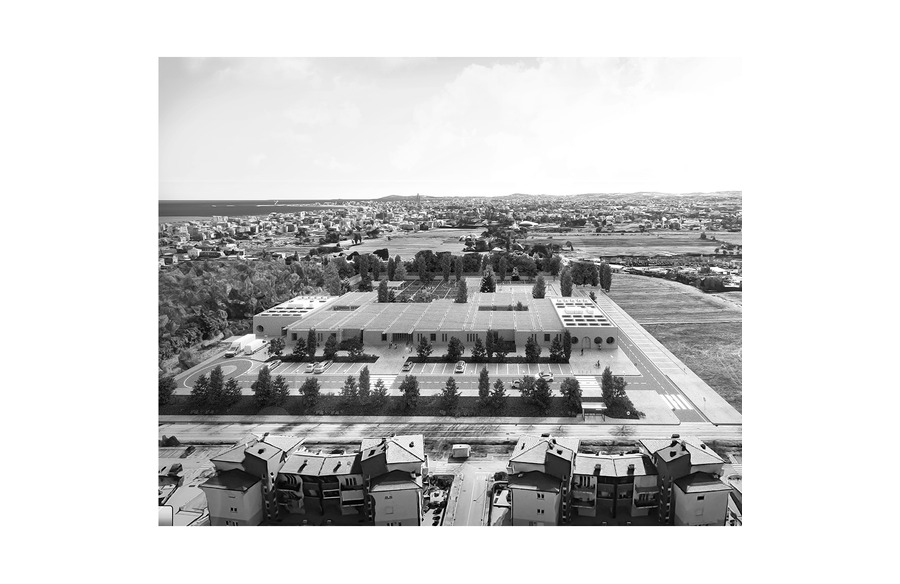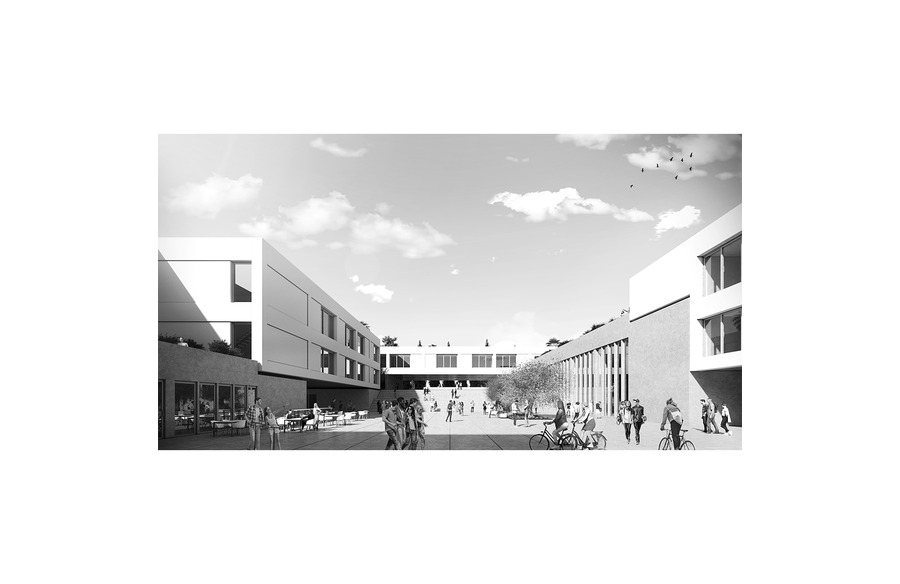AI, Surveillance, and Robotics: Impact on Workplace Quality of Life

Artificial intelligence (AI) has emerged as a transformative force in the workplace, promising efficiency gains and convenience. However, alongside its benefits, the increasing adoption of AI, surveillance trackers, and robotics is raising concerns about their impact on the quality of life for workers.
The Study’s Findings
An investigation conducted by the Institute for Work think-tank sheds light on the correlation between technology use and workers’ well-being. Through a survey involving over 6,000 individuals, the study found that AI-based software, wearable trackers, and robotics were associated with a decline in workers’ quality of life, as measured by the EuroQoL EQ-5D-3L index.
Root Causes
While the study did not pinpoint the root causes of this correlation, it suggested that the challenges to well-being stem from the implementation of these technologies and the decision-making processes surrounding them. This implies that it’s not the technologies themselves but how they are integrated into the work environment that affects workers’ quality of life.
Conventional Technologies vs. Newer Technologies
Interestingly, the study revealed that conventional information and communication technologies (ICTs), such as laptops and instant messaging, were linked to improved quality of life among workers. This could be attributed to ICTs’ role in enhancing efficiency and streamlining work processes, leading to a greater sense of accomplishment.
Implications for Workers
The findings of the study align with previous research highlighting concerns such as job insecurity, increased workload, and loss of autonomy due to the introduction of newer technologies. Constant surveillance and tracking technologies have also raised concerns among trade unions and advocacy groups regarding their impact on workers’ performance.
Regulatory Measures and Future Directions
While experts acknowledge AI’s potential to boost productivity and improve working conditions, they stress the importance of robust regulations to prevent misuse and ensure a healthy work environment. This study’s insights contribute to ongoing efforts, such as the Pissarides Review into the Future of Work and Wellbeing, aiming to address these challenges and shape the future of work positively.


 English
English 






























































































































































































































































































































































